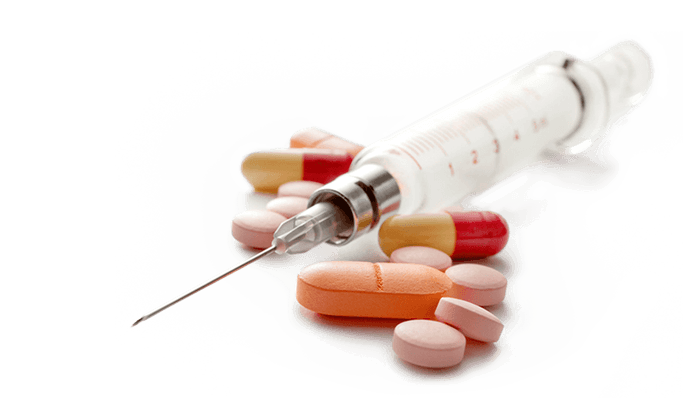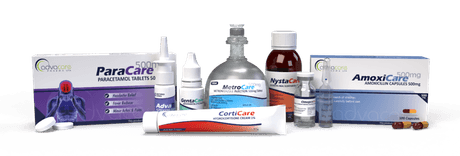What is the meaning of Cardiovasculars?
Cardiovasculars refer to drugs and treatments that are indicated for various cardiovascular diseases such as hypertension, angina, heart failure, and arrhythmias. These heart medications are designed to regulate the cardiovascular system by altering the function of the heart, blood vessels, and blood.
The efficacy of cardiovascular medications is well-established through clinical trials and scientific research. These drugs have been proven to reduce the risk of heart attacks, stroke, and other cardiovascular diseases. They can also help manage symptoms such as chest pain, shortness of breath, and high blood pressure.
Medications such as beta-blockers and ACE inhibitors have been shown to reduce mortality and morbidity in patients with heart failure and hypertension. Statins, which are used to lower cholesterol levels, have also been shown to reduce the risk of cardiovascular events in patients with elevated cholesterol levels.
Some common cardiovascular drugs include beta-blockers, ACE inhibitors, calcium channel blockers, diuretics, and statins. Each of these medications has a unique mechanism of action and can be used to target specific cardiovascular conditions.


